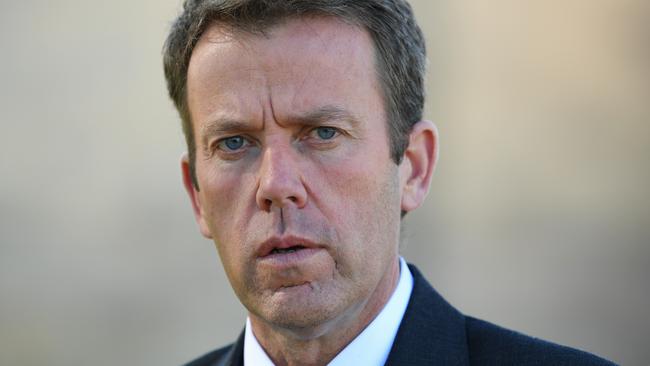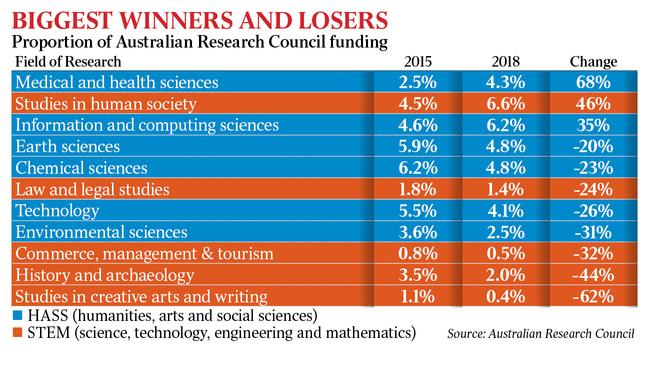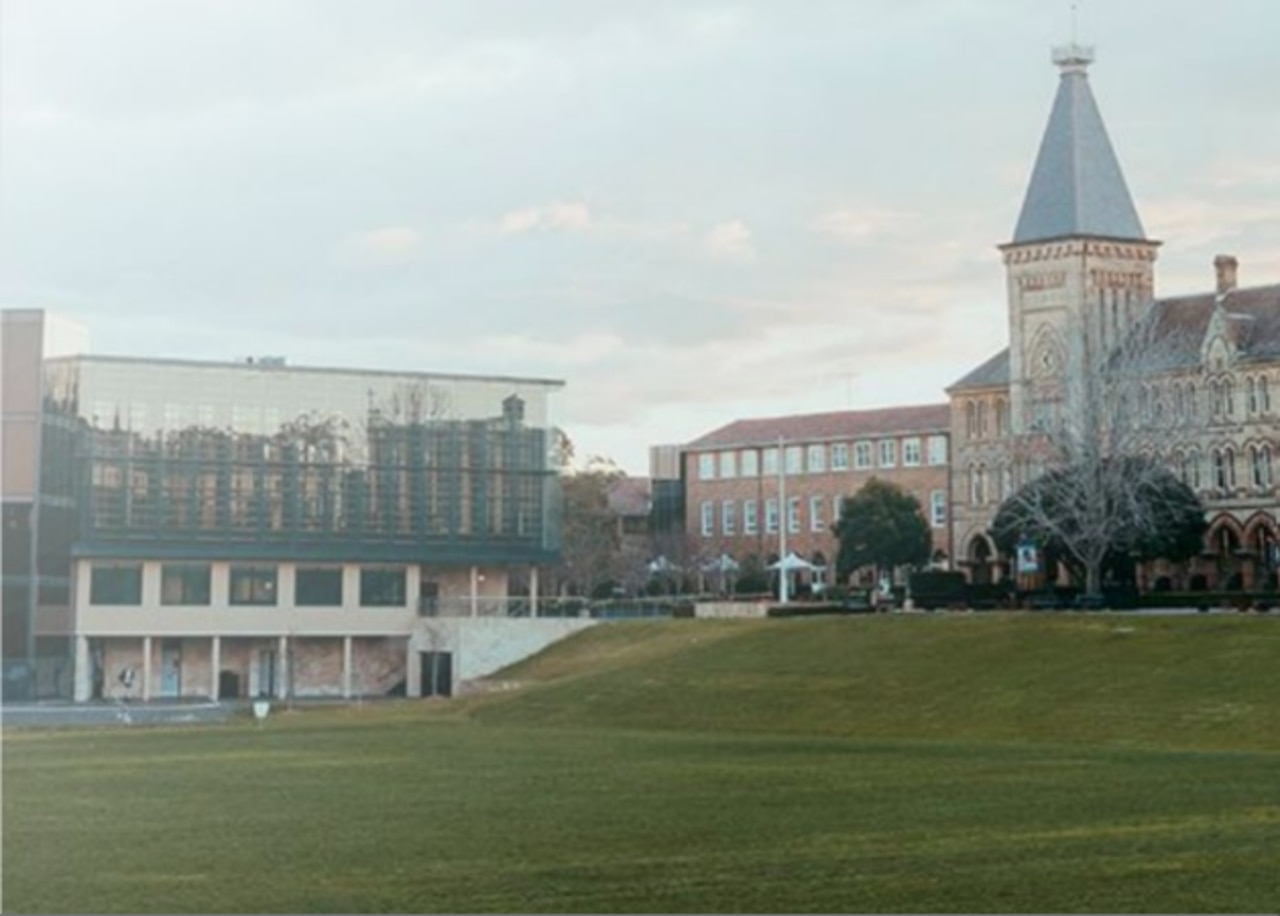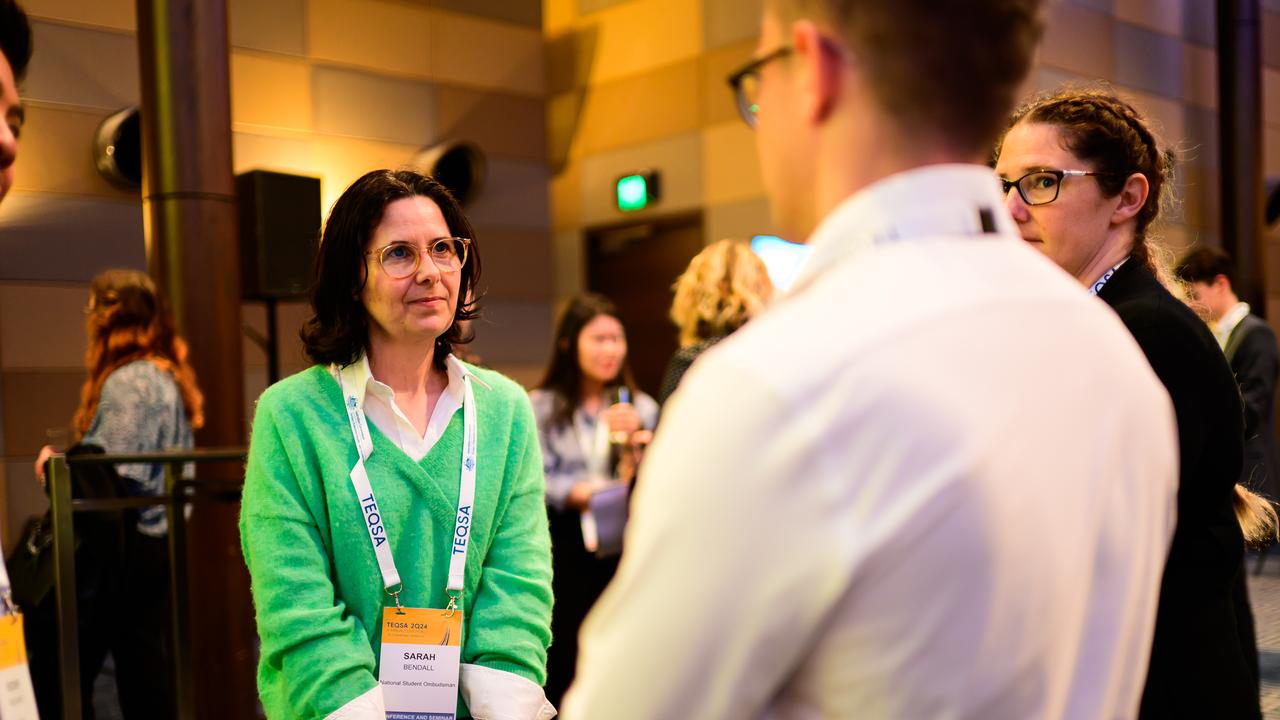Federal research dollars shift from the humanities to engineering, medicine
Engineering and medical research are the big winners in a shake-up of federal research funding, with the humanities taking a hit.

Engineering and medical research have emerged as the big winners in a shake-up of federal research funding, with the humanities taking a hit.
The Coalition has markedly reshaped the distribution of research grants managed by the Australian Research Council following the introduction in 2015 of new science and research priorities to support projects of “immediate and critical importance” to industry, the economy and the community.
Under the policy, funding for health and medical sciences has risen by almost two-thirds to 4.3 per cent of the ARC’s total $775 million annual funding pool while support for engineers and computing scientists also rose substantially.
The fields most undermined by the policy have been the creative arts and writing, which lost almost two-thirds of their funding share, and history and archaeology, down 44 per cent.
Education Minister Dan Tehan said while research across all disciplines could deliver a community benefit, a “significant proportion” of funding had been allocated to meeting the government’s strategic priorities.

“The government will continue to set the broad research agenda and support a range of high-quality basic and applied research across all disciplines,” he said.
However, Science & Technology Australia chief executive Kylie Walker said the budget allocation for research had shrunk in real terms since 2015.
She said Australia was “falling behind in public investment into scientific research”.
National Tertiary Education Union president Jeannie Rea said the policy was inhibiting “blue-sky research” that was “critical to finding answers to the wicked problems of our time”.
The Australian Academy of Technology and Engineering welcomed the heightened focus on science and engineering, but warned: “This should not be at the expense of the humanities.”
The Tourism and Transport Forum warned against further diminishing research targeted at the tourism sector, which employs more Australians than agriculture or mining.
“Tourism is not just a cocktail glass by the pool. It is a key economic driver and at the cutting edge of the new digital economy and therefore associated research funding levels must be maintained,” forum chief Margy Osmond said.
Engineers Australia’s Jonathan Russell said it was right that research be guided by a “long-term strategic plan for the nation”.
Scott Morrison, asked in 2016 whether humanities projects should face a “pub test”, said agencies should “take into account public support for these types of activities” when allocating grants.


